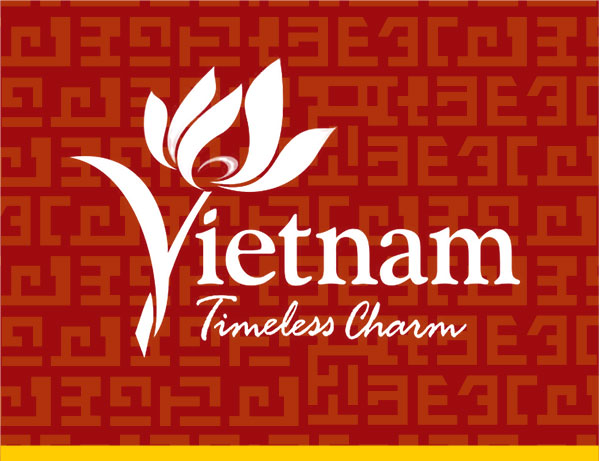Confucianism’s originator, Kuang Fu Tzu (Latinized to Confucius), was an official within the Chinese court. During his lifetime (around 500 BC), China had damaged into rival states fighting for supremacy. Confucius, comparing the turm oil of the life of the people with the formalised rituals of the court, set about creating a code to manage social conduct, therby enabling folks to live in peace and harmony. He left the courtroom and traveled the country, explaining his ideas.
The principles of Confucianism
On the coronary heart of his educating had been two fundamental rules, the necessity of appropriate behaviour and the significance of loyalty and obedience. In every case, the message was strengthened by rites and ceremony. He made no mention of a spiritual dimension, but pressured the observance of traditional rituals. The status of Confucianism as a ‘faith’ in Vietnam is, therefore, questionable.
At the moment, the philosophy was radically different. Status was to be acquired not by energy and heroic actions, but by selflessness, respect for others and non-violent behaviour. It challenged the idea of lineal heredity by associating a person’s price with studying, fairly than birthright. Only intellect and erudition may give an individual a ‘Mandate from Heaven’ to be in a position of authority.
Confucian precepts
The ideas of Confucius took root in China, and developed further. Deference was central to the code of conduct: children were to obey their mother and father without query, wives their husbands, students their teachers and citizens their rulers. Training was the first technique of advancement.
Confucius’s ideas led to a rigidly stratified society. Children were taught their filial duties to their mother and father and the community to arrange them to imagine their appropriate place in the social hierarchy and to behave accordingly. Those who succeeded in education would achieve higher rank. People who surpassed their fellows would be capable of enter the ranks of the Mandarins, a non-hereditary ruling class instantly underneath the Emperor.
Social stability at the expense of progress
The emphasis upon custom and social order created stability and uniformity however, over time, diminished national and private initiative. Progress and alter slowed to a snail’s pace. Regularly Confucianism absorbed elements of Taoism, degenerating into an ideology through which the Emperor and Mandarins used their ‘Mandate from Heaven’ for their very own purposes. Finally, a stagnating China was easy prey for invaders from Europe, whose military know-how had lengthy outpaced that of the Chinese.
Confucianism in Vietnam
Confucianism was firmly implanted in Vietnam throughout the thousand years of its occupation by China and mirrored its development. As in China, mental elite developed, and the principles of obedience and respect for education and authority had been instilled throughout society, profoundly influencing the family structure and creating a tightly defined social hierarchy.
In Hanoi in 1070, the establishment of the Van Mieu (Temple of Literature), a temple of studying dedicated to Confucius, marked the emergence of Confucianism as a cult. Like China, it reached a peak throughout the 15th century – the ‘golden age’ of King Le Thanh Tong, then steadily decayed into decadence and corruption opening the door for the French invasion.
The influence of Confucianism in Vietnam
The profound affect of Confucianism remains strong in Vietnam. Social order is defined by its principles, and the rituals or deference and obedience are nonetheless observed. Not like the West, teachers and education are held in high esteem, children defer to their dad and mom, even in middle age and beyond, and most wives nonetheless comply with the desires of their husbands without question.
Nevertheless, the value of Confucianism as a moderating affect upon social behaviour is being rapidly outmoded by the need for flexibility and openness in a creating society.
